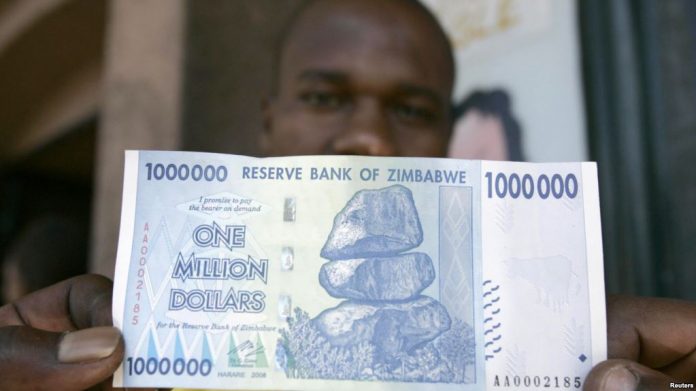HARARE: Zimbabwe will introduce a new currency in the next 12 months, Zimbabwe finance minister said, as a shortage of United States (US) dollars has plunged the financial system into disarray and forced businesses to close.
In the past two months, the southern African nation has suffered acute shortages of imported goods, including fuel whose price was increased by 150 per cent on Saturday.
Zimbabwe abandoned its own currency in 2009 after it was wrecked by hyperinflation and adopted the greenback and other currencies, such as sterling and the South African rand.
But there is not enough hard currency in the country to back up the $10 billion of electronic funds trapped in local bank accounts, prompting demands from businesses and civil servants for cash which can be deposited and used to make payments.
“On the issue of raising enough foreign currency to introduce the new currency, we are on our way already, give us months, not years,” he said.
Zimbabwe’s foreign reserves now provide less than two weeks cover for imports, central bank data show. The government has previously said it would only consider launching a new currency if it had at least six months of reserves.
Locals are haunted by memories of the Zimbabwean dollar, which became worthless as inflation spiraled to reach 500 billion percent in 2008, the highest rate in the world for a country not at war, wiping out pensions and savings.
A local associate of global brewing giant Anheuser-Busch Inbev said this week it would invest more than $120 million of dividends and fees trapped in Zimbabwe into the central bank’s savings bonds.




